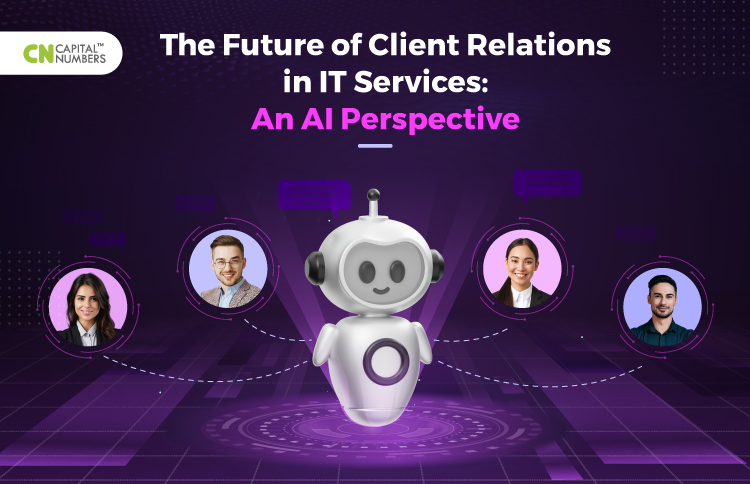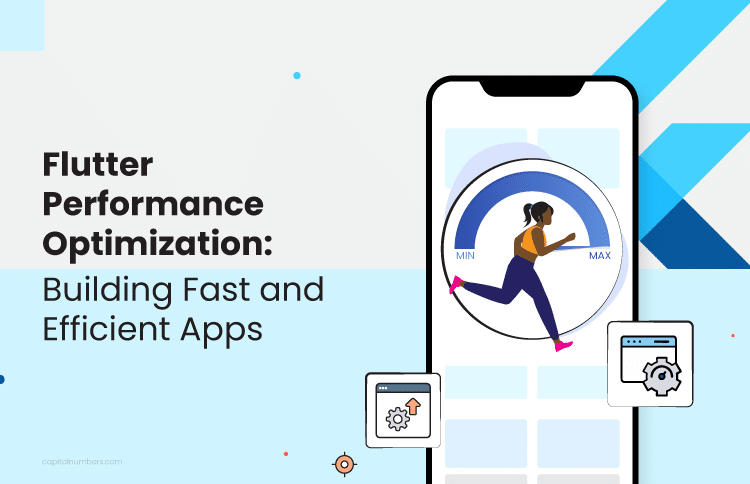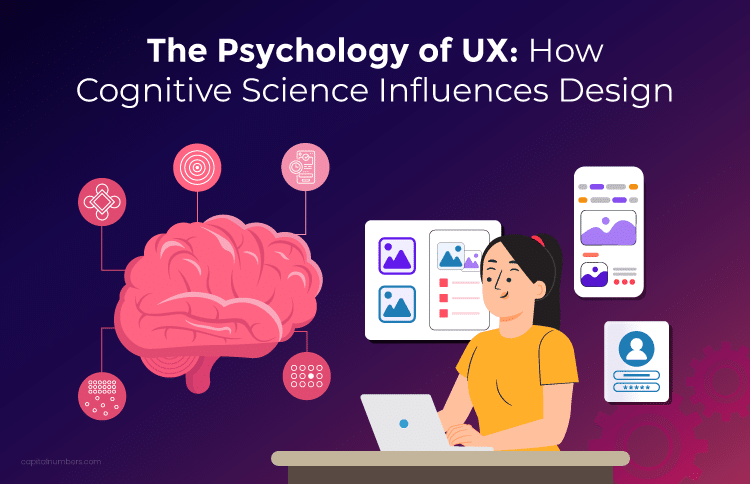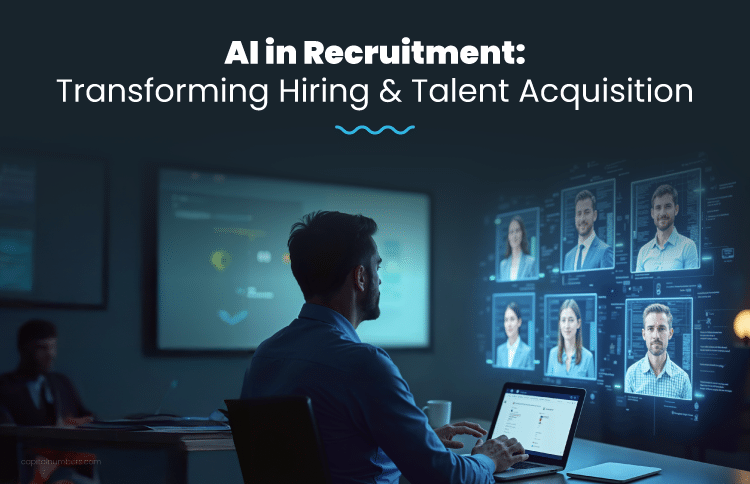The Future of Client Relations in IT Services: An AI Perspective
Table of Contents
The future of client relations in IT services is entering a transformative era with the integration of Artificial Intelligence (AI). This shift is not just an enhancement of existing practices but a complete reinvention of customer service experiences. AI brings unprecedented capabilities to the table, fundamentally altering how IT service providers interact with, understand, and meet client needs.
This exploration delves into how AI is reshaping client relations in the IT sector, offering deeper insights, personalized services, and a more strategic approach to client engagement. However, this integration also brings challenges in balancing technological efficiencies with the essential human elements of customer service. As we step into this new era, it’s vital for IT service providers to adapt, leveraging AI’s opportunities while maintaining a human-centric approach.
Understanding the Current Landscape of Client Relations in IT
The traditional approach to client relations in the IT sector has been predominantly based on direct human interaction. This model prioritizes customized solutions, a deep, empathetic understanding of client issues, and the flexibility to adapt services to meet specific client requirements. These elements have long been considered the benchmarks of effective client service.
However, this approach, while personalized, often encounters significant challenges, particularly when scaling up operations. As IT service providers expand their client base, maintaining a consistent level of service quality becomes increasingly difficult. Additionally, the need for real-time, precise problem-solving can strain resources, leading to potential inefficiencies. These inefficiencies can result in client dissatisfaction, adversely affecting the reputation of the service provider and leading to increased operational costs. The challenge, therefore, lies in balancing personalized service with efficiency and scalability.
The Role of AI in Transforming Client Relations
The advent of AI technologies is revolutionizing the way software solutions companies address these challenges. AI is not just improving existing processes; it’s redefining them:
- Chatbots and Virtual Assistants: AI-powered chatbots and virtual assistants represent a significant shift in client relations. These tools provide round-the-clock service, handling routine inquiries efficiently, which allows human agents to focus on more complex and nuanced issues. They are designed to learn and evolve from each interaction, enhancing their ability to respond accurately over time. Moreover, their capability to handle multiple languages makes them invaluable in breaking down language barriers, thereby broadening the reach of IT services to a more diverse client base. This leads to a more inclusive and accessible service experience for clients around the globe, as effective chatbot development and implementation play a pivotal role in ensuring seamless and efficient interactions.
- Predictive Analytics: Utilising historical data, predictive analytics plays a crucial role in foreseeing future client behaviors and needs. This foresight allows IT firms to proactively address potential issues, significantly reducing the likelihood of client dissatisfaction. Predictive analytics helps build a more nuanced and anticipatory model of client engagement, transforming the reactive nature of client service into a proactive, strategic approach. This not only enhances client satisfaction but also streamlines operational efficiency, resulting in a more effective allocation of resources.
- Machine Learning (ML) and Natural Language Processing (NLP): AI and ML are pivotal in transforming client relations within IT services. ML algorithms are instrumental in analyzing past client interactions. This continuous analysis leads to an ongoing improvement in service quality, ensuring that client relations are constantly evolving and adapting to client needs. NLP, on the other hand, allows chatbots and virtual assistants to understand and respond to human language in a more natural and intuitive manner. This capability creates a more seamless and engaging client interaction experience, bridging the gap between automated services and the personal touch traditionally associated with human agents.
In summary, AI technologies are not just augmenting the traditional model of client relations in IT services; they are transforming it. By addressing key challenges such as scalability, consistency, and real-time problem-solving, AI is setting a new standard in client engagement and satisfaction. As we move forward, the role of AI in client relations will likely continue to grow, reshaping the IT service landscape in profound ways.
Case Studies of AI in Action
The following case studies showcase the tangible benefits of AI integration in client relations within the IT sector.
Case Study 1: Enhanced Personalization through NLP in Client Services
A prominent IT service provider faced challenges in handling an increasing volume of client queries and maintaining a high level of personalized service. To address this, they integrated an advanced AI system with Natural Language Processing (NLP) capabilities into their client service framework. This AI system was uniquely designed to not only respond to client inquiries efficiently but also to analyze the tone, context, and underlying sentiments in client communications.
The impact was multifaceted. Firstly, the system’s ability to understand and respond to client queries in a more human-like manner led to a significant reduction in response times and an increase in resolution rates. Secondly, by identifying client sentiments and preferences, the system enabled the company to offer more personalized and tailored service solutions. For instance, if the AI system detected a client’s preference for particular types of IT solutions, the company could proactively offer relevant services and support.
The tangible results were remarkable. The company observed a 30% increase in client satisfaction scores and a 25% rise in client retention rates within the first six months of implementation. Moreover, the depth of client engagement improved, with clients expressing greater satisfaction with the personalized attention and bespoke solutions they received. This case demonstrates how AI, specifically NLP, can significantly enhance client engagement and loyalty in the IT services sector.
Case Study 2: Predictive Analytics for Proactive Service Disruption Management
Another leading company in the IT industry recognized the need to proactively manage potential service disruptions to maintain client trust and satisfaction. They employed predictive analytics to analyze historical data and identify patterns that could lead to service issues. This proactive approach was a strategic shift from the traditional reactive problem-solving model.
By implementing AI-driven predictive analytics, the company was able to forecast potential service disruptions with a high degree of accuracy. This foresight enabled them to deploy resources and solutions before clients became aware of potential issues. For example, if the predictive model identified a potential network overload in a particular region, the company could increase bandwidth or deploy additional support to that area preemptively.
The results of this proactive approach were significant. The company reported a 40% reduction in service-related complaints and a 35% decrease in client downtime. Furthermore, client retention rates improved by 20%, showcasing the value clients placed on the reliability and foresight provided by the company. This case study exemplifies how predictive analytics can transform client relations in IT services, demonstrating the preemptive power of AI in enhancing operational efficiency and client satisfaction.
Overcoming Challenges and Resistance
Integrating AI into client relations is a journey fraught with challenges that must be tactfully navigated. One of the most pressing concerns is data privacy. As AI systems require access to vast amounts of client data to function effectively, ensuring the security and confidentiality of this data is paramount. This necessitates not only robust cybersecurity measures but also strict adherence to global data protection regulations such as GDPR and CCPA. To build and maintain client trust, IT companies must be transparent about using client data and demonstrate their commitment to protecting it.
Another significant challenge is preserving the human element in client interactions. While AI can efficiently handle many tasks, it cannot fully replicate the empathetic understanding and nuanced problem-solving that human interactions provide. Clients often value the personal touch and understanding that comes from dealing with a human, especially in complex or sensitive situations. Therefore, the key to successful AI integration is finding the right balance. AI should be employed to manage routine tasks and perform data analysis, allowing human agents to focus on more complex, sensitive client interactions. This hybrid approach ensures efficiency without compromising the quality of client relationships.
Preparing for the Future
Adapting to AI-driven client relations requires a comprehensive and proactive approach:
- Skill Development in AI and Data Analytics: It’s essential for IT professionals to possess a strong foundation in AI management, data analysis, and cybersecurity. As AI becomes more integrated into client services, understanding its capabilities and limitations will be crucial for effective implementation. This includes training in advanced data analytics techniques, machine learning algorithms, and understanding the ethical implications of AI.
- Continuous Learning and Adaptation: The field of AI is dynamic and constantly evolving. Staying updated with the latest technological advancements is critical for maintaining a competitive edge. This means keeping abreast of developments in AI ethics, quantum computing, edge AI, and other emerging technologies. Companies must foster a culture of continuous learning and adaptability, encouraging their workforce to stay informed and agile despite technological advancements.
- Ethical AI: As AI takes a more central role in client relations, prioritizing ethical considerations becomes more important than ever. Developing AI solutions that are not only effective but also unbiased and transparent is essential. This includes tackling challenges such as algorithmic bias, ensuring that AI decisions are explainable and accountable, and adhering to ethical AI frameworks and guidelines. By focusing on ethical AI, companies can ensure that their AI systems are fair, reliable, and trustworthy, strengthening client trust and loyalty.
In short, while integrating AI into client relations presents certain challenges, with careful planning, skill development, and a commitment to ethical principles, IT companies can successfully navigate these hurdles. By doing so, they can harness the full potential of AI to enhance client relations, improve operational efficiency, and prepare for a future where AI plays a pivotal role in the IT services sector.
Read More: The Impact of AI on Industries: What You Need to Know
Bottom Line
Integrating Artificial Intelligence (AI) into client relations marks a transformative era in the IT services industry. By offering innovative solutions to age-old challenges, AI enables more efficient, personalized, and proactive client management. This shift is not just an incremental improvement; it represents a fundamental redefinition of how IT services engage and build relationships with clients. AI-driven tools like chatbots, automated systems, and predictive analytics enhance service efficiency and personalization. They enable faster, more accurate responses to client queries and provide insights into individual preferences, fostering deeper client engagement and loyalty.
As the IT landscape continues to evolve, the significance of AI in client relations will only grow, making its adoption crucial for any IT firm aiming for sustained success in the digital age. While integrating AI presents challenges, including maintaining a balance with the human element in client interactions, it is a necessary journey for staying at the forefront of technological innovation and client satisfaction. Embracing AI equips IT service providers with the tools to offer superior service and sets a new standard in client management, paving the way for future growth and success.

















